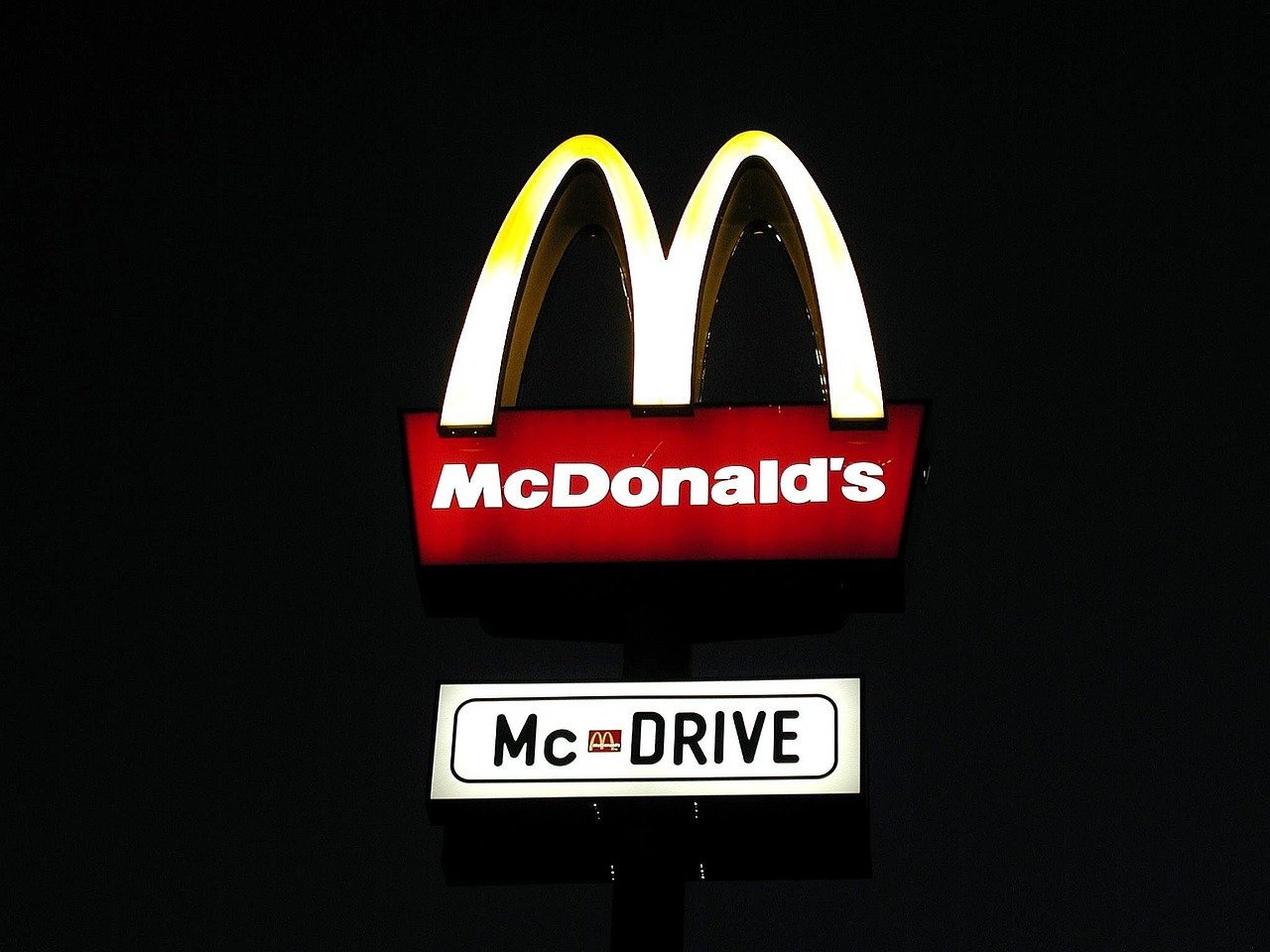Deadly E. Coli Outbreak Traced to McDonald’s Onions
- McDonald’s identified Taylor Farms as the source of onions linked to an E. coli outbreak, causing other fast-food chains to pull onions from their menus.
- The outbreak has resulted in at least 49 people falling ill across 10 states, with one death reported.
- Taylor Farms has issued a recall for peeled whole and diced yellow onions due to potential E. coli contamination.
- A man in Colorado has filed a lawsuit against McDonald’s after contracting an E. coli infection, believed to be part of the outbreak.
In a recent development that has sent shockwaves through the fast-food industry, McDonald’s has identified a California-based produce company, Taylor Farms, as the source of fresh onions linked to a deadly E. coli food poisoning outbreak. This revelation has led to a ripple effect, with other fast-food giants, including Taco Bell, Pizza Hut, KFC, and Burger King, pulling onions from their menus as a precautionary measure.
The onions, supplied by Taylor Farms, were sent to a distribution facility that services McDonald’s. This led to the removal of Quarter Pounder hamburgers from McDonald’s restaurants in several states. However, the exact facility involved has not been disclosed by McDonald’s.
The outbreak, which is believed to be tied to the burgers, has resulted in at least 49 people falling ill across 10 states, with one person succumbing to the infection. Federal health officials have indicated that the investigation is focusing on slivered onions as the potential source of the infections.
Fast-Food Chains React to the Outbreak
In a related development, U.S. Foods, a major wholesaler to restaurants across the country, announced that Taylor Farms had issued a recall for peeled whole and diced yellow onions due to potential E. coli contamination. The recalled onions originated from a Taylor Farms facility in Colorado. However, U.S. Foods clarified that it is not a supplier to McDonald’s and that its recall did not include any products sold at McDonald’s restaurants.
The U.S. Food and Drug Administration (FDA) has not confirmed whether it is investigating Taylor Farms. A spokesperson for the agency stated that they are looking at all sources of the outbreak.
In the wake of the outbreak, other national restaurant chains have temporarily stopped using fresh onions. Yum Brands, the parent company of Taco Bell, Pizza Hut, and KFC, issued a statement saying, As we continue to monitor the recently reported E. coli outbreak, and out of an abundance of caution, we have proactively removed fresh onions from select restaurants.
Previous Outbreaks and Current Lawsuit
Restaurant Brands International, which owns Burger King, revealed that 5% of its restaurants use onions distributed by Taylor Farms’ Colorado facility. Despite not being contacted by health officials and having no indications of illness, the company asked the restaurants that received onions from the Colorado facility to dispose of them. The company is now restocking with onions from other suppliers.
This is not the first time onions have been implicated in foodborne illness outbreaks. In 2015, Taylor Farms recalled a celery and onion mix used in Costco chicken salads after 19 people were sickened with E. coli. Last year, 80 people fell ill and one person died in an outbreak of salmonella poisoning tied to bagged diced onions from Gills Onions of Oxnard, California.
In a related development, a Greeley, Colorado, man has filed a lawsuit against McDonald’s after contracting an E. coli infection. Eric Stelly claimed that he ate food from a local McDonald’s on Oct. 4 and fell ill two days later. His infection was later confirmed to be part of the outbreak.
The victims were infected with E. coli 0157:H7, a type of bacteria that produces a dangerous toxin. This strain of E. coli causes about 74,000 infections in the U.S. annually, leading to more than 2,000 hospitalizations and 61 deaths each year, according to the CDC.
In the midst of this crisis, McDonald’s Canada has assured that its operations are not affected and that none of the affected products or ingredients are used in its restaurants.
This incident serves as a stark reminder of the importance of food safety and the potential consequences of lapses in quality control. It underscores the need for stringent regulations and proactive measures to prevent such outbreaks in the future. The fast-food industry, regulators, and suppliers must work together to ensure the safety of the food supply chain and protect consumers from such health risks.














Post Comment